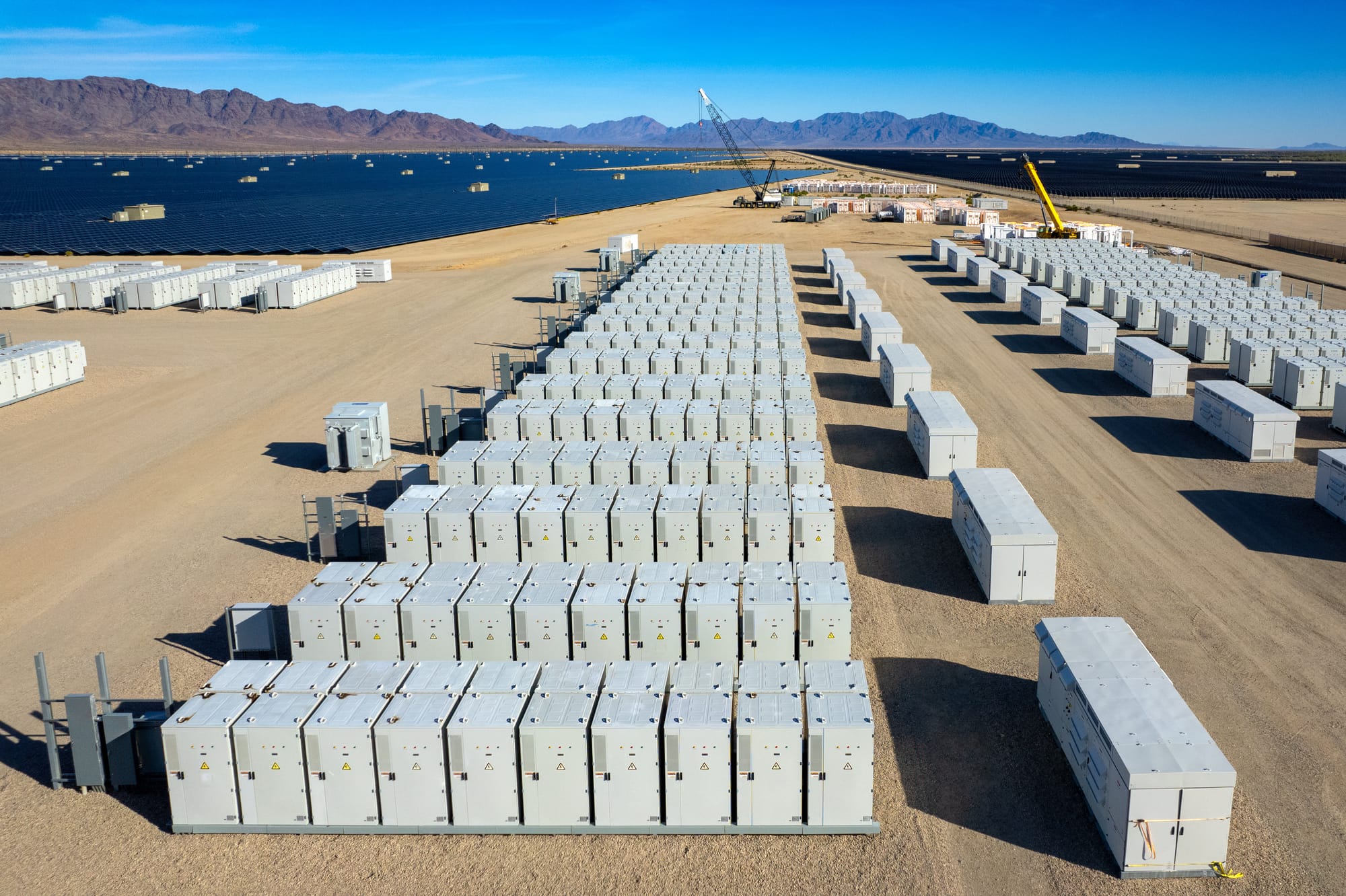EPS/Demand Response
EPS/Demand Response
An EPS (Energy Storage System) and Demand Response commercial system involves using energy storage to manage electricity use efficiently and participate in demand response programs. Instead of relying solely on solar panels, this system focuses on storing electricity from the grid or other sources to optimize energy consumption based on time-of-use (TOU) rates and demand response opportunities. With time-of-use rates, electricity prices fluctuate depending on the time of day, with higher costs during peak demand periods. An EPS allows businesses to store energy during off-peak times when rates are lower and use it during peak periods when rates are higher, leading to significant cost savings. Additionally, demand response programs offer incentives to businesses that reduce their electricity consumption during periods of high grid demand. An EPS can discharge stored energy to meet these reductions, helping to avoid costly demand charges. Overall, an EPS and Demand Response system offers financial advantages by optimizing energy use, lowering demand charges, and benefiting from demand response incentives. It also enhances energy resilience by providing backup power during outages and giving businesses greater control over their energy costs.




